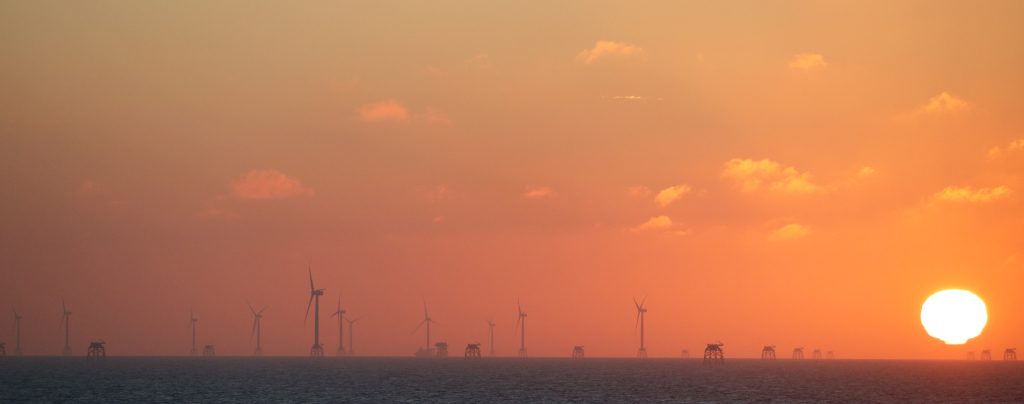The world is suffering a climate crisis unique in human history with drought, wildfires, disrupted weather patterns and extremes of temperature on land and at sea. This situation is becoming much worse over time and the reason for it is clear. Burning fossil fuels has released vast quantities of CO2 which acts as a greenhouse gas, trapping heat in the atmosphere which should be escaping into space.
Ireland is fortunate not to endure 45oC temperatures and hurricane force winds but our climate has been altered too. Erratic weather, increased storms and rainfall, changing growing seasons and rising sea levels are now affecting us in profound ways. In the seas around us fish stocks are behaving unpredictably and changes may be catastrophic for ecosystem health and our food security. The humpback whales so long a feature of summer in Cork and Kerry didn’t come this year, instead they are far to the north off Mayo, Sligo and Donegal, and reduced in numbers.
Unless we respond by transforming the way we generate the energy we need, both in Ireland and worldwide, then huge areas of the planet will become unliveable within the lifetimes of our children. Starvation and mass migration will be the inevitable results.
We already have the tools to transition from fossil fuels in a just and sustainable way and key to this in Ireland is offshore renewable energy (ORE). Ireland’s offshore waters have a unique and powerful wind resource which, as a nation, we must develop as soon as we can to help prevent the worst effects of climate change.
The Irish Whale and Dolphin Group recognises the importance of offshore wind and equally understands that it must be developed to the highest environmental standards to prevent unintended damage to the marine ecosystem. ORE is coming to our offshore waters and it is our job to ensure that all issues relating to cetaceans are fully taken into account. The IWDG consults with the wind farm companies as well as with government departments to advise on development so as to minimise impacts on whales, dolphins and porpoises and to maximise potential advantages to the marine environment.
Consultation by IWDG on ORE is ongoing and dynamic throughout the development process. The Group has produced a policy document, which outlines our thinking and intention on this important topic. Our advice is dynamic and responds to new initiatives and developments, and we plan to update published policies in the coming months.
Dr Stephen Comerford
IWDG Marine Policy Officer

